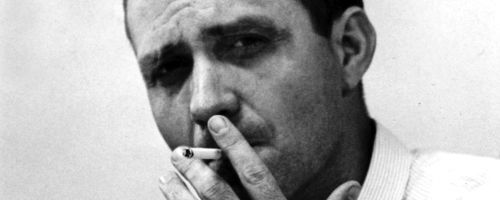
He left for New York in 1960, and became a general assignment reporter at the now defunct New York Herald-Tribune, working out of what has to be one of the more formidable newsroom incubators in history-his comrades included Tom Wolfe (who would later dub him the “original laconic cutup”) and future Harper’s editor Lewis Lapham. He soon returned to his native state, writing for the Arkansas Gazette in Little Rock. Upon his discharge in 1955, he majored in journalism at the University of Arkansas (imagining it might be “fun and not very hard, something like barber college”), and after graduation worked at the appealingly named Memphis Commercial Appeal.


Slaughter” in El Dorado, Arkansas, in 1933, Charles Portis-sometimes “Charlie” or “Buddy”-had grown up in towns along the Arkla border, enlisted in the Marines after high school and fought in the Korean War. Delivered into this world by the “ominous Dr. His situational Marxism would have been hard to predict. Portis (who turns seventy this year) was thirty at the time, not yet a novelist, just a newspaperman seemingly blessed by that guild’s gods. In 1964, in the midst of so-called Swinging London, Charles McColl Portis had Karl Marx’s old job.


 0 kommentar(er)
0 kommentar(er)
